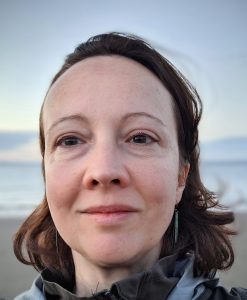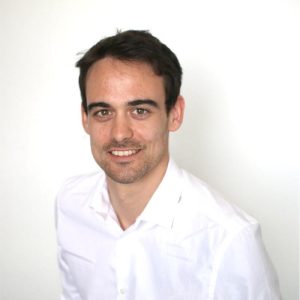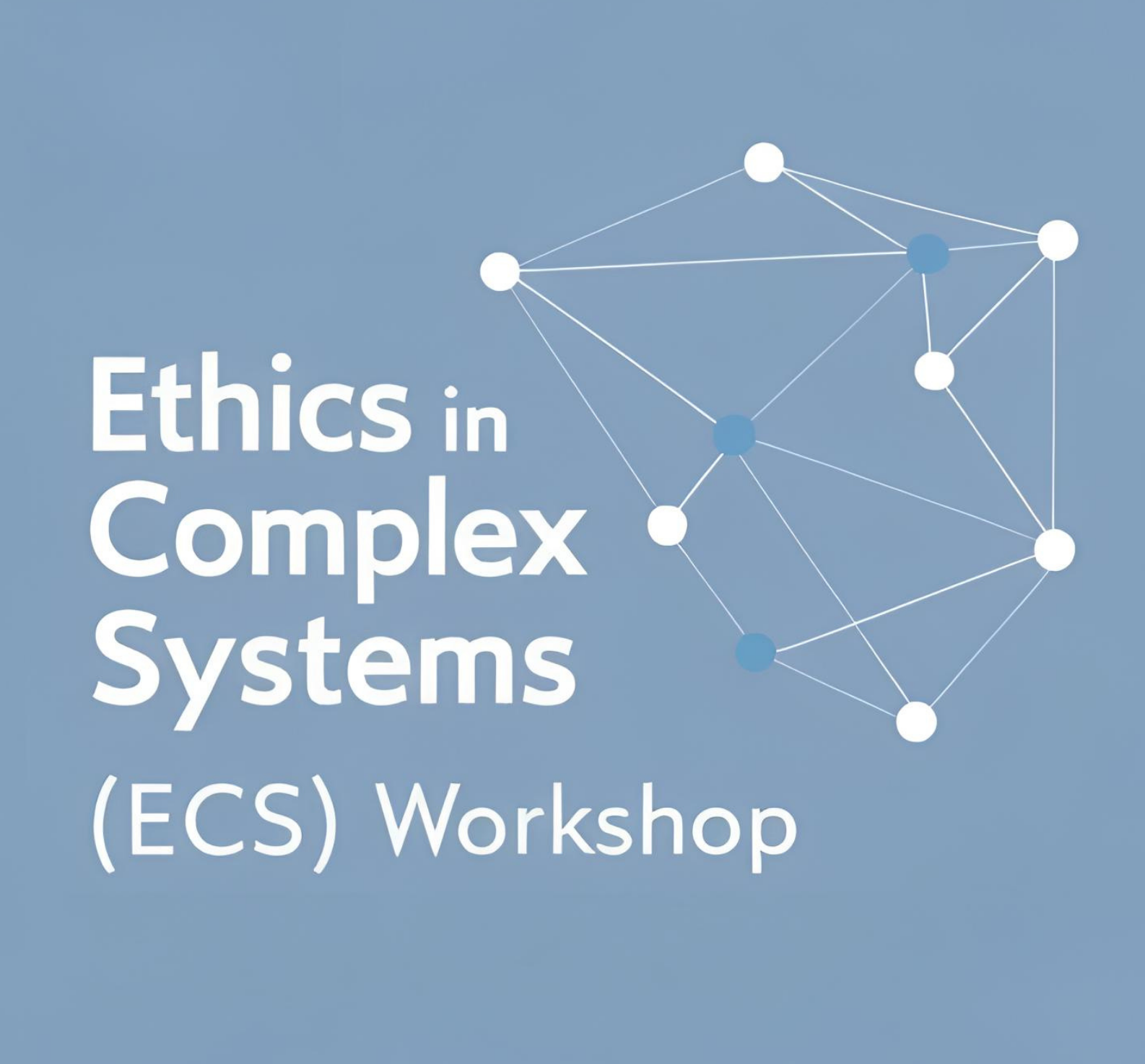Ethics in Complex Systems: Perspectives and challenges
Researchers Involved
research areas
timeframe
2025 - 2025
Program
| Time | Session |
|---|---|
| 09:00-09:15 | Registration |
| 09:15–09:30 | Introduction |
| 09:30–10:00 | Keynote: Claus Beisbart |
| 10:00–10:30 | Keynote: Lisette Espín‑Noboa |
| 10:30–11:00 | ☕ Coffee Break |
| 11:00–11:30 | Keynote: Jana Diesner |
| 11:30–12:00 | Keynote: Kyriaki Kalimeri |
| 12:00–12:30 | Keynote: Hamish Patten |
| 12:30–13:00 | Panel Discussion |
| 13:00–14:30 | 🍽️ Lunch |
| 14:30–15:30 | Focus Group |
| 15:30–16:00 | ☕ Coffee Break |
| 16:00–17:30 | Focus Group |
| 17:30 – | Apero |
Aim
Complexity science studies how a large collection of components can spontaneously self-organize to exhibit non-trivial, unpredictable global structures and behaviors at larger scales, having many applications with daily life impacts, e.g., climate change, financial markets, healthcare, polarization, and technological networks. Characteristics of these systems, such as having non-linear emerging dynamics and being adaptive, pose unique ethical challenges, as traditional normative ethical approaches often struggle to account for such dynamic and intricate interactions.
This one-day interdisciplinary workshop aims at bridging the gap between researchers in complexity science and ethics and offers a new perspective on why ethics discussions are necessary in such a complex research realm.
Date
October 9, 2025
Location:
This event is hybrid.
In-person attendance:SOC Ramistrasse, University of Zurich, Zurich, Switzerland (Digital Society Initiatives)
For online attendance, the Zoom link will be shared with registered participants prior to the event.
Registration
The deadline for in-person registration has passed. For last-minute attendance, please email yasaman.asgari@uzh.ch
or complete the registration form for online participation.
Register here: https://forms.gle/GSPJoSUDgNvYp1EZ8
Registration is free of charge. Attendees are responsible for their own travel and accommodation.
Target Audience:
Graduate students, interdisciplinary researchers, and members of the public or industry who have an interest in complexity science or ethics.
Focus Group Participants:
Graduate students eager to engage in ethical discussions surrounding complex problems. No prior knowledge of complexity science is required.
Keynote Speakers
Prof. Dr. Claus Beisbart
Full Professor, University of Bern, Switzerland

Too complex to be good? On the nature and moral significance of complexity: What is complexity and why is it morally relevant?
Technological innovations such as new AI tools, but also political proposals to address broader challenges for society tend to be increasingly complex, and this seems to constitute a challenge of its own. However, what exactly do we mean when we talk about complex solutions, and why is complexity a problem? This lecture aims to answer these questions. It first draws on recent accounts of complex systems to explicate the complexity of technological solutions. I then discuss arguments that purport to show why complexity is pro tanto bad and propose to systematize them. The arguments have it that complex systems are more costly, lack transparency, render the ethics too complex, and contribute to a loss of human autonomy. I argue that not all of these arguments are persuasive and that the moral status of complexity depends on the kind of complexity and the level on which it unfolds.
Dr. Lisette Espín‑Noboa
Senior Postdoctoral research fellow, Complexity Science Hub and Central Europen University, Vienna, Austria
Responsible Decision-Making: From Network Inequality to Network Fairness
Social networks are inherently complex, with individuals’ positions significantly influencing decision-making. These networks arise from diverse edge-formation mechanisms that shape their structures and often reinforce social inequalities through biased social and algorithmic processes. Existing fairness research mainly focuses on individual- and group-level metrics, frequently overlooking personal network structures as critical sources of bias. Furthermore, current fairness frameworks are primarily based on distributive justice, with limited consideration of procedural, retributive, or restorative dimensions. This results in two main research gaps: (1) insufficient understanding of how network-induced biases affect decision-making, and (2) a narrow emphasis on distributive fairness that neglects broader justice frameworks. Addressing these gaps requires a comprehensive research agenda that incorporates network analysis to assess fairness, examines when, how, and by whom network bias may be justified, and identifies the relevant stakeholders. This approach promotes responsible decision-making by recognizing the complex and interdependent nature of social networks.
Prof. Dr. Jana Diesner
Full professor, Technical University of Munich, Germany

Responsible computing with societal data: how methodological choices shape our understanding of complex systems
The modeling choices we make when analyzing and predicting complex socio-technical systems shape our knowledge and theories about the functioning and behavior of societies. For example, many of the social science theories that we use to explain empirical findings were identified decades ago based on observing small- to medium-sized groups over long periods of time. More recent findings about societal systems are based on analyzing large-scale data that cover shorter time spans. Such differences in research design have led to the development of culturally contextualized algorithms that impact knowledge discovery and theory development. I discuss implications of research design on the validity of our understanding of society and strategies for the detection and mitigation of error propagation.
Dr. Kyriaki Kalimeri
Senior researcher, ISI foundation, Italy and UNICEF

Machine Learning for Social Good: Algorithmic & Data Challenges when working with Vulnerable Populations
The scale, reach, and real-time nature of the Internet is opening new frontiers for better serving humanity, and particularly for a deeper understanding of the vulnerabilities in our societies, including inequalities and fragility in the face of a changing world. Vulnerable populations including children, elderly, racial or ethnic minorities, socioeconomically disadvantaged, underinsured, or those with certain medical conditions, are often absent in commonly used data sources. The aim of this talk will be to shed light on data and algorithmic biases, as well as methodological particulars when addressing vulnerable populations, drawing insights from case studies in response to real humanitarian crises.
Dr. Hamish Patten
Statistician, Aktiia, Switzerland, Previously Red Cross

On the ethics of disaster impacts: data collection, analysis and modelling
For millennia, the term ‘natural disasters’ has been used by monarchies and governing bodies around the world to shed responsibility for impacts of hazards such as earthquakes and floods. Such disasters continue to produce a large number of deaths, infrastructural and agricultural damage as well as significant population displacement every year. Although the hazard itself may be considered natural, with good governance, planning and preparation, the impacts of such hazards can be significantly reduced. However, we must integrate social equity into all approaches taken to reduce impact. Do we collect data on how disasters have differentiated impacts depending on gender, class, ethnicity and other factors? Do disaster alert systems take into account the needs of different population groups in the hazard-exposed area such as language or income? Have governments stopped using disasters as a political tool? No. This presentation will explore the ethics of disaster impact data collection, analysis and modelling, based on working within United Nations and International Non-Government Organisations over the past few years.
Organization
This workshop is a joint initiative of Ethics of Complex Systems Initiative team, and the Digital Society Initiative (DSI), its Ethics Community at the University of Zurich.
Funding
We gratefully acknowledge the generous support of the Ethics Community at the Digital Society Initiative, University of Zurich, Switzerland, as well as Alexandre Bovet of the Department of Mathematical Modeling and Machine Learning at the University of Zurich.
Main Organizer & Contact
Yasaman Asgari, PhD student at the Department of Mathematical Modeling and Machine Learning (DM³L) and the Digital Society Initiative (DSI), University of Zurich, Switzerland – yasaman.asgari@math.uzh.ch
Organizers from the Ethics of Complex Systems Initiative
Evelyn Panagakou and Samantha Dies of Northeastern University (USA), Ana Maria Jaramillo of TU Graz and the Complexity Science Hub Vienna (Austria), and Ana Maria de Sousa Leitão of the University of Lisbon (Portugal)
Organizers from the Digital Society Initiative, University of Zurich
Alexandre Bovet and Clara‑Maria Barth
Organizers from the Ethics Community, University of Zurich
Emanuele Martinelli, Markus Christian, Jana Sedláková, Karl Reimer, and Eleonora Vigano
We also thank Gabriele Di Bona, Paulo H Resende, and Enio Alterman Blay for their support throughout the project.




